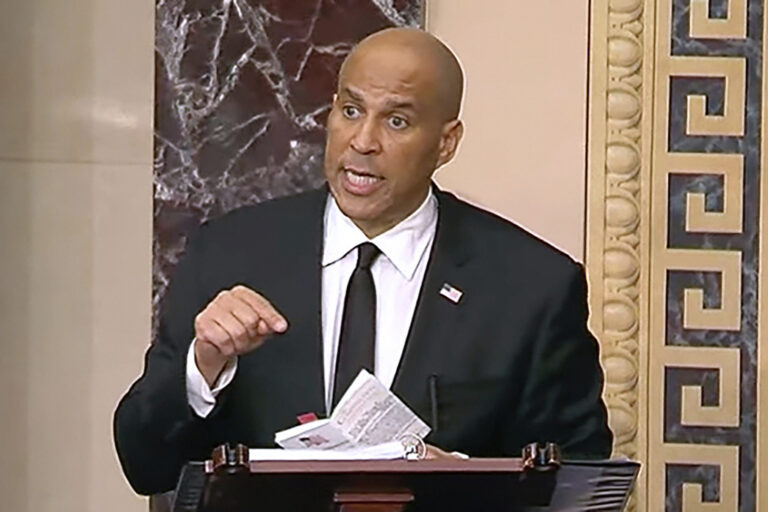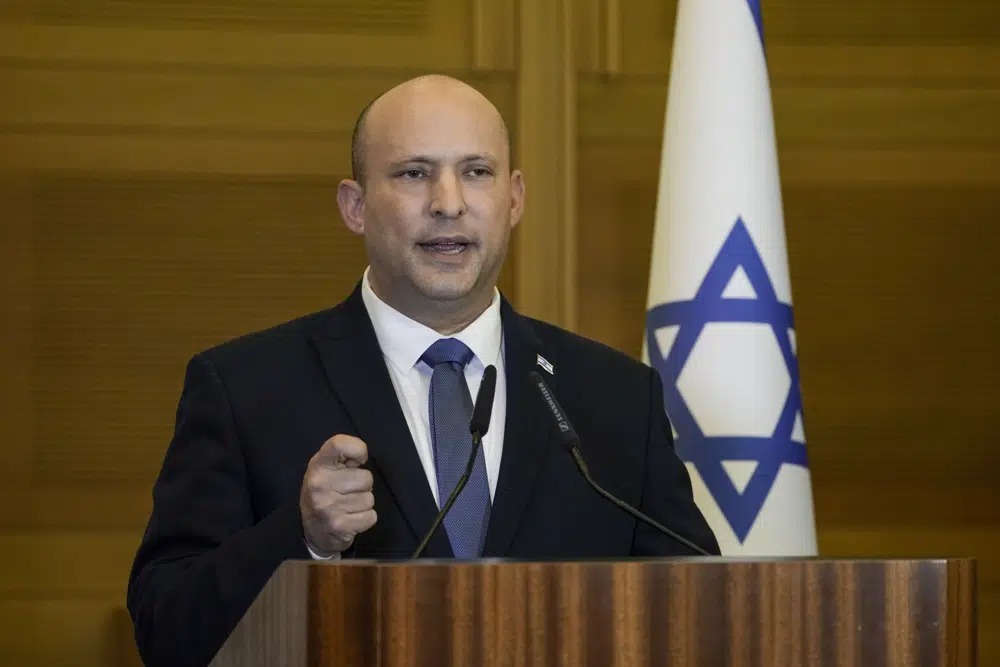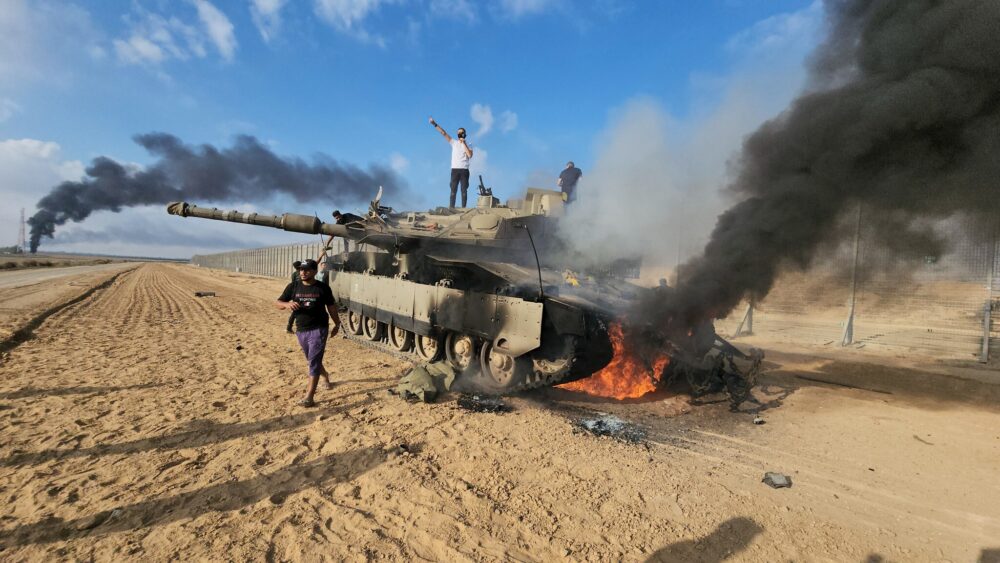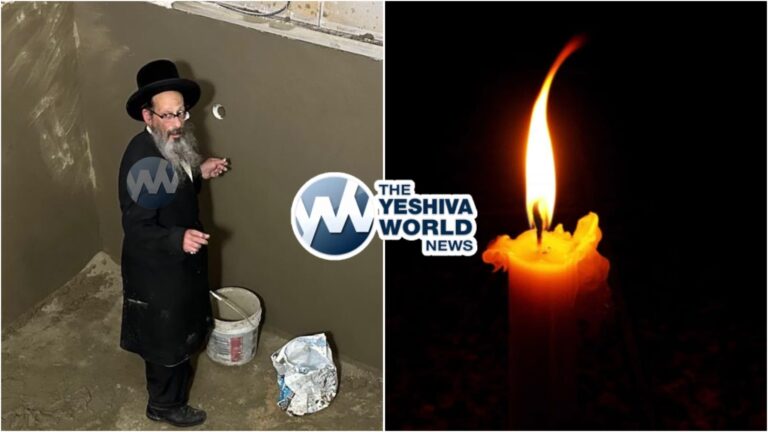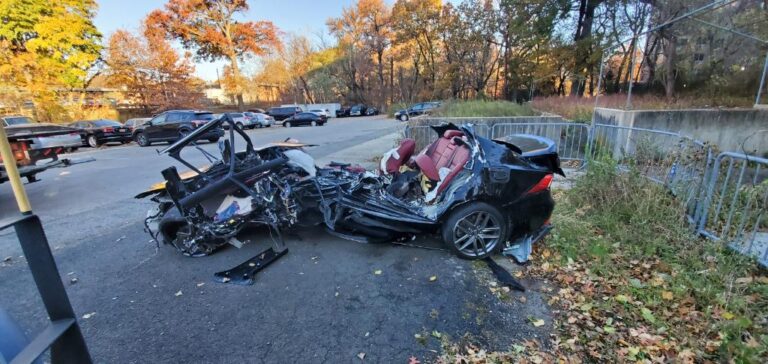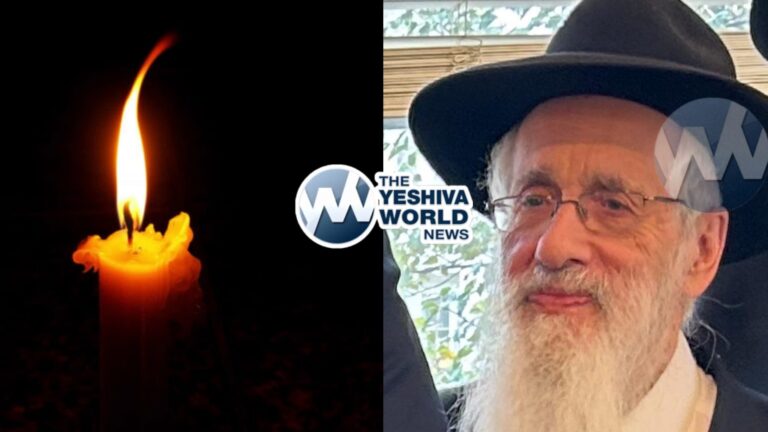 As the city medical examiner announced that a second death was related to the summer’s heat waves, the mayor and other city officials visited a senior center today to urge New Yorkers to take precautions during the upcoming weekend’s extreme heat.
As the city medical examiner announced that a second death was related to the summer’s heat waves, the mayor and other city officials visited a senior center today to urge New Yorkers to take precautions during the upcoming weekend’s extreme heat.
Forecasts say Saturday will have high temperatures in the mid-90s.
According to the medical examiner’s office, a 70-year-old Queens man died of natural causes, hypothermia and overexposure to heat on July 6.
Officials previously announced at a 46-year-old Queens woman also died of heat-related causes on July 6.
Mayor Michael Bloomberg, Office of Emergency Management Commissioner Joseph Bruno and Health Department Commissioner Thomas A. Farley gathered at the City Hall Senior Center today to give New Yorkers weather-related safety tips for the upcoming weekend.
“Heat can be very dangerous. A few years ago in Chicago, 700 people died during a heat wave over a course of a week, so you just got to be careful,” said Bloomberg. “None of us think it’s going happen to us, but as we all get a little bit older, you just have to take a little more care.”
The risk of getting sick during a heat wave is increased for people who:
• Are younger than five, or older than 64.
• Have chronic medical or mental health conditions.
• Take medications, which can disrupt the regulation of body temperature.
• Are confined to their beds or unable to leave their homes.
• Are overweight.
Meanwhile, 200 cooling centers will open on Saturday throughout the five boroughs. To find the cooling center closest to you, call 311 or visit www.nyc.gov/oem. A complete guide to dealing with extreme heat can be found at www.nyc.gov/oem.
Symptoms Of Heat Illness
Call your doctor or go to the emergency room right away if you have these symptoms:
• Hot, dry skin or cold, clammy skin
• Weakness
• Dizziness
• Nausea or vomiting
• Shortness of breath or trouble breathing
• Confusion, hallucinations, disorientation
Tips To Help Beat The Heat
• Use an air conditioner if you have one.
• If you do not have an air conditioner, go to a cooler place such as an air-conditioned store, mall, museum, or movie theater. Or, visit a cooling center.
• Use a fan if the air is not too hot. Fans work best at night to bring in cooler air from outside. Use a fan only when the air conditioner is on or the windows are open.
• Drink plenty of water or other fluids, even if you don’t feel thirsty. Avoid beverages containing alcohol, caffeine, or high amounts of sugar.
• If possible, stay out of the sun. When you’re in the sun, wear lightweight, light-colored, loose-fitting clothing that covers as much of your skin as possible, wear a hat to protect your face and head, and use sunscreen (at least SPF 15) to protect exposed skin.
• Never leave children, pets, or those who require special care in a parked car.
• Avoid strenuous activity, or plan it for the coolest part of the day, usually in the morning between 4 a.m. and 7 a.m.
• Be careful if you take a cold shower to stay cool – sudden temperature changes can make you feel dizzy or sick.
Conserve Summertime Energy
• During periods of extremely hot and humid weather, electricity use rises, which can cause power disruptions.
• Set your air conditioner thermostat at 78 degrees.
• Use air conditioners only when you’re home, and only in rooms you’re using. If you want to cool your home before you return, set a timer that turns on no more than 30 minutes before you arrive.
• Turn off nonessential appliances.
• To receive free notifications about power outages affecting your neighborhood sign up for Notify NYC at www.nyc.gov/notifynyc.
(Source: NY1)


